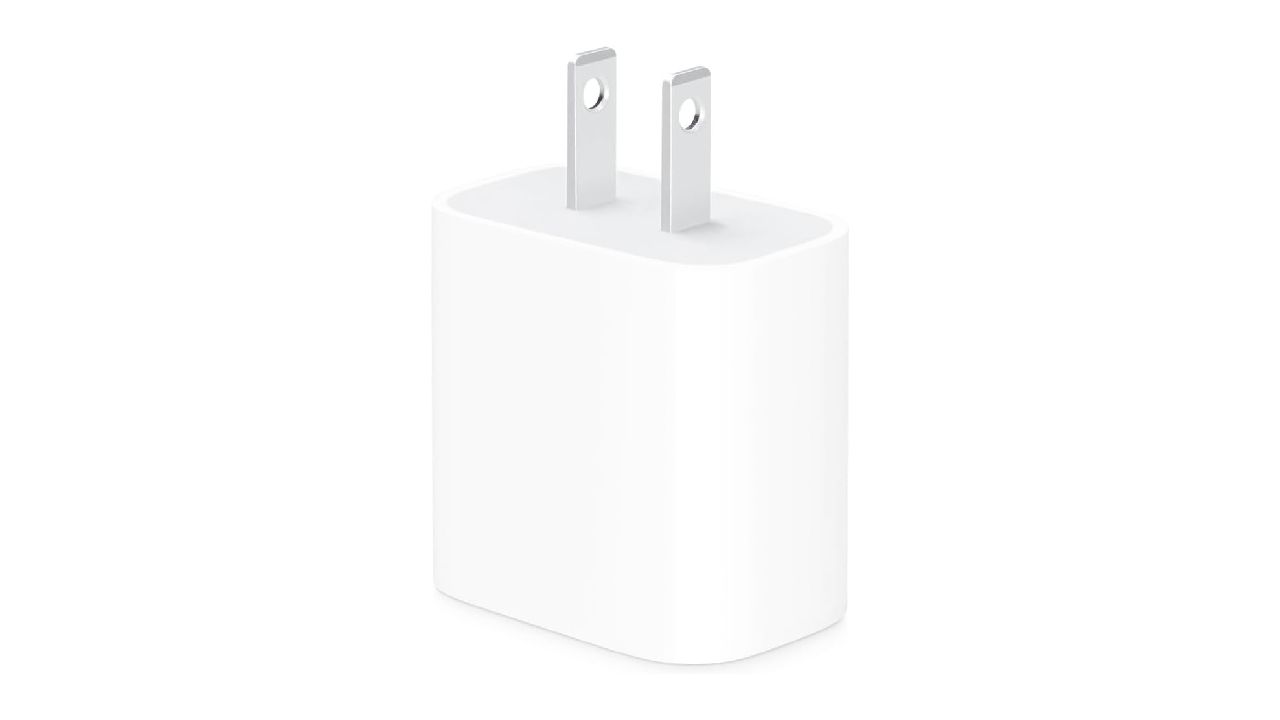Some Cool Tips Get More Money Back from your Tax Return
This is my fifth blog on personal income tax information. In this blog you find how to get more money on your tax return.
Tip 11-If you are working from home
If you work from home more than 50% of the time, there are a large number of deductions that you can account for. You can deduct your internet expenses and stationary bought provided that you use these to obtain income. If you rent, you can deduct the portion of rent and any other maintenance costs you would pay for your office space. Per the CRA “Work space in the home expenses” site, you can also deduct:
You can deduct the part of your costs that relates to your work space, such as the cost of electricity, heating, maintenance, property taxes, and home insurance. However, you cannot deduct mortgage interest or capital cost allowance.
Tip 12-If you have capital losses
Did you know that capital losses can be carried back 3 years to recover tax paid on capital gains? If you had no capital gains in 2010 but you did have losses, you could use your capital loss to offset a capital gain in any of the 3 previous years (i.e., 2009, 2010 or 2011 taxes).
Tip 13-If you have a pension income
As of 2007, Canadian pensioners became able to split their pension income - whether from a corporate/other pension plan or certain annuities from an RRIF or RRSP - with their resident spouses or common law partners. If you have eligible pension income, you can use this tax opportunity to split up to one half of your pension with your partner, which may mean significant tax savings for you both.
Tip 14-If you want to earn without paying tax
The Government of Canada has called it the single most important personal savings vehicle since the introduction of the RRSP. Have you heard about the tax free savings account (TFSA)?
The TFSA became available on January 1, 2009 . It allows Canadians aged 18+ to save up to $5,000CDN every year in a TFSA and to withdraw funds and/or investment income - including capital gains - without being taxed. You can also put back the money you've withdrawn without reducing your allowable contributions.
Although there is no tax credit for contributions to a TFSA, Canadians can realize significant savings in using a TFSA to earn interest without paying taxes on that interest.
Tip 15-If you not file a return
Even if you are certain that you have no balance owing or refund due in a given year, file a tax return for that year. Why? Because filing:
•Reduces the ability of the CRA to subsequently make arbitrary adjustments to your income and taxes owing for that tax year
•Determines your eligibility for government programs, like the Canada Child Tax Benefit (CCTB), GST/HST credit or any new tax rebates that may be announced
•Reports earned income, which increases your future RRSP contribution room - and we all know the value of RRSP as tax reduction tools
NOTE: These suggestions are for the Canadian Tax system.
